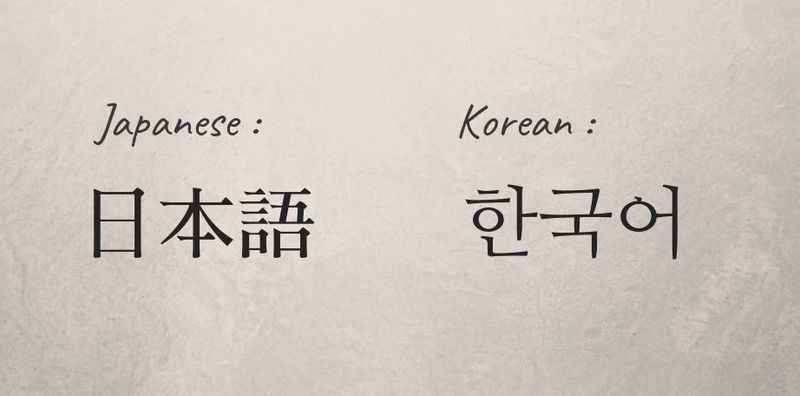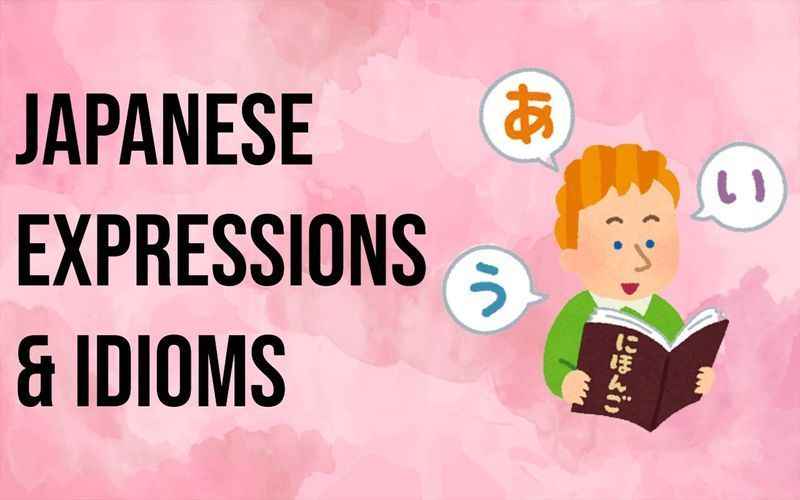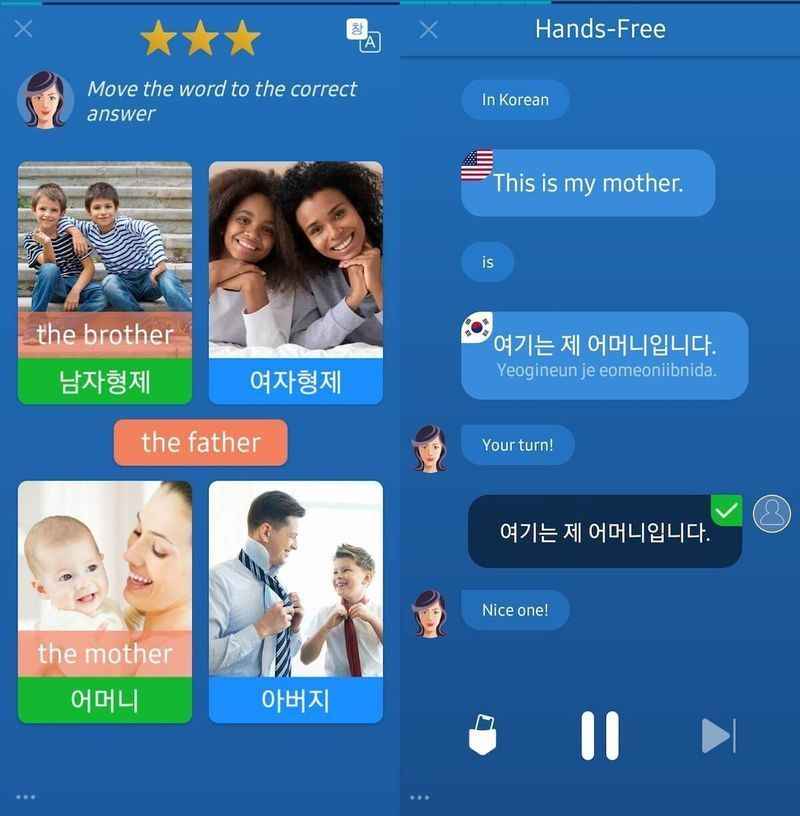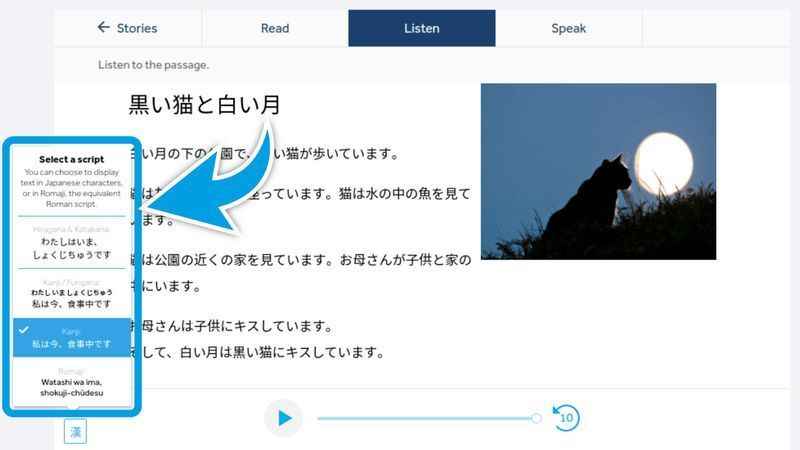Korean vs Japanese: Knowing Both for Travel in Asia

Experience the rich cultural tapestry of Asia with a journey through the fascinating worlds of Japanese and Korean languages. Explore the unique charm of these vibrant linguistic landscapes and their similarities, intricately woven into the fabric of their respective cultures.
Unlock the secrets of Japanese, spoken by 125 million people worldwide, and Korean, embraced by 77.2 million speakers globally. Immerse yourself in the sights, sounds, and flavors of these captivating destinations as you embark on a language-learning adventure.
Discover the allure of Japan's ancient traditions and Korea's dynamic modernity. With the rising popularity of learning apps, now is the perfect time to embrace these languages and embark on a transformative travel experience.
Get ready to explore the wonders of Asia through the lenses of Japanese and Korean languages.
Where Korean & Japanese Are Spoken

Korean and Japanese are used widely, all over the world. Of course, they are predominantly spoken in their respective countries - Korea and Japan.
The controversial history between Japan and Korea means that any discussion of the difference between their language will always have political undertones related to history, especially when trying to compare and contrast them.
The fact is, in Japan, there are many speakers of Korean, and in Korea, there are many speakers of Japanese.
Japanese is the official language of Japan, and it is also officially recognized by Palau and Angaur.
As well as this, many countries that were occupied by Japan in the past (Korea, Taiwan, parts of Chinese territory, and parts of the Philippines) would also have been made to speak Japanese as it was the tongue of the Empire.
Korean is the official language of both North and South Korea.
It is also officially acknowledged in the Yanbian Prefecture and Changbai County. As a minority language, Korean has recognition in parts of Russia, and other parts ofChina are recognized as official languages, they are both in use on every continent around the world.
The Characters: Korean vs Japanese

The characters and scripts used in Japanese and Korean writing may both look similar and indistinguishable to the untrained eye but they are very different! They both have different writing systems.
The Korean writing system is the Hangul (also known as the Chosŏn'gŭl in North Korea). On the other hand, the Japanese writing system consists of three different scripts: kanji, katakana, and hiragana. The kanji system is made up mostly of adopted Chinese symbols.
Chinese characters are almost never used in Korean, except as a means of clarifying homophones. This happens ontelevision subtitles, historical studies, and legal documents. In North Korea, however, the use of hanja has been removed because of the Sinic influence.
Kanji and Kana are the most commonly used systems in Japan and both are combined.
The kanji is the name given to the adoptedChinese symbols. The kana is a combination of two different systems used together to represent the same sounds. They are composed primarily of syllables and each is used for a different purpose.
While hanja cannot be used to write Korean words, the Japanese equivalent, kanji, can be used to write both native Japanese words and Sino-Japanese words.
The Spoken Languages

In both Japanese and Korean, the use of pitch is very important and can change the meaning of your whole sentence immediately.
For example, the Korean word 눈 can mean both ‘snow’ and ‘eye’. The only difference is the pronunciation which has a longer vowel sound for ‘snow’.
The Pitches

In Japanese, the way the words are pronounced and the pitches used can also be important.
They are not tonal but they do have a similar issue to Korean with many words looking and sounding the same but having different meanings.
It is often said that Japanese and Korean are very similar languages. Now, this is true to some extent but you can’t forget that Japanese and Korean have completely different writing systems. More importantly, they have different sounds that go along with them.
There are more Korean sounds than there are Japanese sounds. The good news is that the Korean language uses all of the same sounds as Japan (except the /z/ sound). They just have a few extra sounds as well.
This means that if you can grasp an understanding of the sound in Japanese (Japanese is also known to be the easiest of the languages in Asia for an English speaker to learn), then you are set in good stead to understand the sounds of the Korean language.
Expressions and Idioms
Expressions and idioms are an enriching aspect of language, and both Korean and Japanese boast a plethora of captivating turns of phrase.
In Korean, the expression "과부 설움은 홀아비가 안다" can be translated to "A widower knows a widow's sorrow," conveying the sentiment of shared empathy.
Similarly, in Japanese, the phrase "猿も木から落ちる" can be translated to "even monkeys fall from trees," reminding us that nobody is perfect.
These expressions reflect the depth and cultural nuances embedded in Korean and Japanese languages. So, let's look more closely at some idioms in Korean and Japanese and what they say about Korean and Japanese societies.
Korean Expressions and Idioms

🇰🇷 너무**한가해서 파리를 날리고 있다 (Literal translation: "It’s so idle that flies are flying around".) - This translates to ‘being in a slump’ and ‘having no customers'.
🇰🇷 제 눈에 안경이다 (Literal translation: "Glasses in my eyes") - Although the literal translation is a little confusing, this is the Korean version of the phrase ‘beauty is in the eye of the beholder
🇰🇷 눈이 높다 (Literal translation: 'eyes are high') - The meaning of this is the act of having high standards or unrealistic expectations, especially when a person expects too much from a romantic partner or suitor.
Japanese Expressions and Idioms

🇯🇵 口が滑る (くちがすべる) / kuchiga suberu (Literal translation: 'A slip of the mouth') - The meaning of this is very similar to the English expression ‘the cat is out of the bag’, meaning to let slip a secret or some gossip.
🇯🇵 自業自得 (じごうじとく) / jigou jitoku (Literal translation: 'One opportunity, one encounter') - This is a similar expression to the saying ‘you reap what you sow’.
🇯🇵 異体同心 (いたいどうしん) / itai doshin (Literal translation: 'Two bodies, one heart') - This romantic expression is similar to the English for ‘two hearts beating as one’.
Now that you know all about these two wonderful languages, don't wait to get stuck into learning them.
You can use the expert help of alanguage tutor, splash out on a once-in-a-lifetime trip to Japan or Korea, or sink your teeth into the best courses for learning each of the languages.
We will now explore two stand-out courses available for both Japanese andKorean. These suit learners of all levels from beginner to advanced.
The Best Courses to Learn the Korean Language
When it comes to learning Korean, several outstanding courses can help you achieve fluency in this captivating language.
Whether you're a beginner or looking to advance your skills, these courses on Korean share one thing: they cover essential aspects of modern Korean, focusing on spoken language, words, and practical communication.
No matter which one you choose, these resources offer valuable lessons and resources to help you master Korean.
From building vocabulary and understanding syntax to developing conversational fluency, these courses provide comprehensive coverage of the language's key aspects.
Rocket Korean

Rocket Korean, part of the Rocket Languages series, is a learning app that uses audio lessons, interactive exercises, and readings to get you to a conversational level in a foreign language.
Through its structured and proven successful process, you will begin to understand more about all aspects of Korean. Rocket Korean offers all users a free trial. Be sure to check out ourRocket Languages Review.
FluentU Korean

FluentU is a language-learning platform that brings learning to life through the immersion of examples with real-world videos.
It provides users with an immersive learning experience through commercials, interviews, music videos, tutorials, and more.
By teaching through video, FluentU helps you to interact with your target language in a way that many apps cannot. Be sure to check out ourFluentU Review.
Mondly Korean

Mondly Korean is a fun, easy, and effective way of learning Korean designed by experts. The program differs from many others due to its use of VR (Virtual Reality).
Mondly is a great resource for any learner who benefits from visual tools and flashcards. Check out ourMondly Review.
Best Courses to Learn Japanese
When it comes to learning Japanese, there are excellent courses available that can guide you on your journey to fluency. These courses focus on key aspects of the Japanese language, including Japanese grammar, sentence structures, and vocabulary.
Whether you're a beginner or a Japanese speaker looking to enhance your skills, these courses provide valuable lessons and resources to support your learning.
By immersing yourself in the study of Japanese, you can develop a solid foundation and work towards achieving fluency.
From mastering Japanese grammar to constructing meaningful Japanese sentences, these courses are designed to help you navigate the intricacies of your task and become a confident Japanese speaker.
Rosetta Stone

While there are seemingly endless language learning apps to choose from in terms of Japanese studies, one of the best isRosetta Stone. This app offers lots of free resources online but the star of the show is the paid-for courses available.
They are aimed at beginners and as you learn more you move on to more advanced content. The lessons are short and fit well into the busiest of lifestyles.
It also introduces you to reading, writing, and listening skills as well as speaking, giving you a well-rounded education and a solid foundation for conversational Japanese (this comes a little later in the course).
Pimsleur

By contrast, Pimsleur Japanese is designed to get you conversational in Japanese as quickly as possible. Its structure is based on its own successfully proven method.Pimsleur Japanese contains 210 thirty-minute audio lessons with plenty of additional review content.
Pimsleur offers all users a free 7-day trial in a variety of popular languages. Check out our written review of Pimsleur.
Traveling with Japanese and Korean Languages
When traveling to Japan or South Korea, having a basic understanding of the local vernacular can greatly enhance your experience.
Both Korean and Japanese speakers appreciate it when visitors make an effort to communicate in their native tongue.
While learning an entire language and writing system may not be feasible for a short trip, knowing some key phrases and understanding basic word order can go a long way in facilitating interactions and showing cultural respect.
Traveling to Japan

Japan is a captivating destination with a unique blend of ancient traditions and modern marvels. The country's history, shaped by events like World War II, is reflected in its culture and customs.
From exploring historic temples and shrines to marveling at the iconic cherry blossom trees on site, there is much to see and do in Japan.
While English is generally not widely known, especially in more rural areas, many signs and public transportation systems in Tokyo have English translations.
Having some knowledge of basic Japanese phrases and customs can help you navigate the country and the city of Tokyo with ease and enrich your travel experience.
Traveling to South Korea

As a vibrant and dynamic country on the Korean Peninsula, South Korea offers a blend of tradition and modernity.
It has gained global recognition through its popular culture, including K-pop music and K-dramas.
Seoul, the capital city, is a bustling metropolis with a vibrant food scene and a rich cultural heritage. While English is common in some tourist areas, knowing some Korean phrases can be helpful when exploring local markets, ordering delicious street food, and interacting with friendly locals.
Embracing Korean customs and showing an interest in the culture of K-pop will undoubtedly enhance your journey through South Korea.
Traveling to China

China is a vast and diverse country, known for its rich history, stunning landscapes, and vibrant cities. For travelers, it is generally considered a very safe country to visit.
Mandarin Chinese is the main language spoken, and English is not widely understood outside major tourist areas. Having a basic knowledge of Mandarin can help you navigate public transportation, order food, and interact with locals.
It's worth noting that Chinese characters are also used in both Japanese and Korean, so if you have some familiarity with the two languages and their writing systems, it may come in handy when deciphering signs or food menus.
FAQs About the Japanese and Korean Languages
Let's take a look at some frequently asked questions about the Japanese and Korean languages.
How are Japanese and Korean different?
Korean and Japanese differ in several aspects and are unrelated languages. Korean is a language isolate, while Japanese is part of the Japonic language family. They have different writing systems (Hangul vs. Hiragana, Katakana, and Kanji). Korean has a simpler grammar structure, while Japanese has complex honorifics and verb conjugation. Vocabulary and pronunciation also vary.
Is it easier to learn Japanese or Korean?
Whether it is easier to learn Japanese or Korean depends on the individual and their learning preferences. While most people may find Japanese easier due to its relatively straightforward pronunciation and writing system, others may prefer the simplicity of Korean grammar and phonetics. Ultimately, it is up to the learner to decide which of those aligns better with their interests and learning style.
Is the Korean language closer to Japanese or Chinese?
The Korean language is considered closer to Japanese than Chinese. While Korean and Japanese belong to different language families (Korean is a language isolate and Japanese is Japonic), they share similarities in grammar and vocabulary. On the other hand, Chinese is linguistically distinct from Korean, belonging to the Sino-Tibetan language family.
Does North Korea allow tourists?
Yes, North Korea does allow tourists, but access is heavily regulated. Travel to North Korea typically requires joining organized tours with authorized tour operators. Tourists are subject to strict rules, limited movement, and guided itineraries. It's important to check the latest travel advisories and follow all regulations and restrictions when considering a visit.
Summing Up Korean vs Japanese: Knowing Both for Travel in Asia
Korean and Japanese, despite their historical connections and geographical proximity, are distinct and fascinating languages. While they do share certain similarities, such as some common vocabulary, tonal usage, and script, they have significant differences that set them apart.
Exploring the vibrant streets of Seoul and Tokyo reveals the rich cultural heritage embedded in these languages. To embark on your learning journey or enhance your existing skills, numerous websites and resources are available.
Immerse yourself in the captivating sounds, unique pronunciation, and diverse vocabulary of Korean and Japanese, and open doors to new experiences and connections in both countries. Start your learning adventure today.







